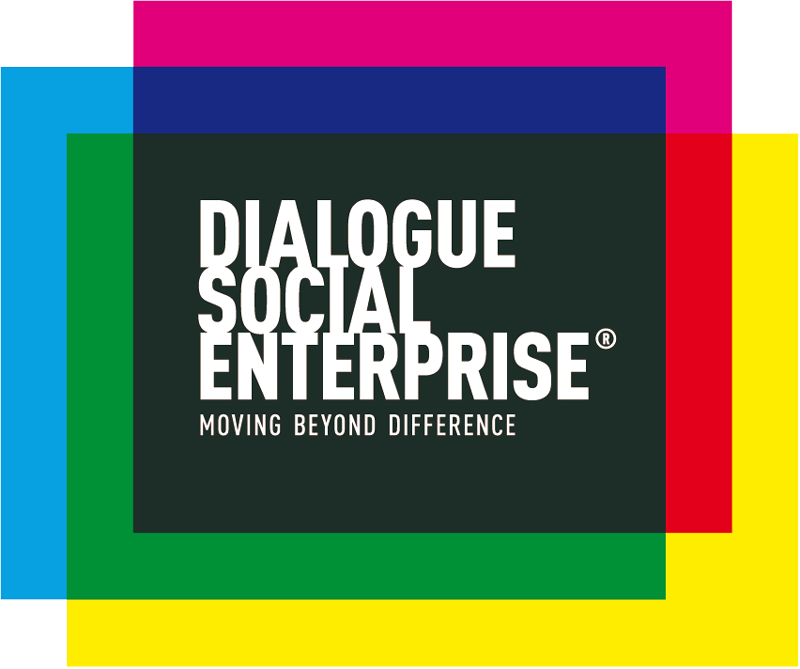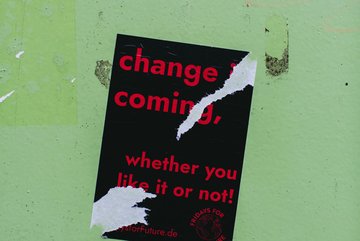Seeing disability head-on confronts us with our fragility.
The fact is that approximately 15% of the world's population (one billion people) live with some kind of disability according to the WHO. This makes this group the largest "minority" in the world.
In one of the most extensive studies on attitudes towards disability, it has been shown that the older we get, the more negative implicit attitudes we have towards disability, i.e., unfavorable thoughts that we do not express, but at the same time, our explicit attitudes are more positive, we publicly express that people with disabilities should be an active part of society.
And this double-standard, knowing that our inner negative attitudes are socially unacceptable and cannot be expressed openly in a discourse, will distort every discussion and every study on this issue and will hinder us in exploring it profoundly.
And the reality is that you’re just one step away from disability, whether you want it or not.
Today, 80% of disabilities occur between the ages of 18 and 65 - that is, in the middle of the productive age.
Accidents and illness are the main causes of disability. But there are two other factors that continue to grow and to which we are also all exposed: the aging of the population and the increase in chronic diseases.
It is estimated that by the year 2030, the population over 60 years of age will increase by 56% and that by 2050 this world population will be a little over two billion people. currently more or less 45% of people over 60 years of age are already living with some kind of disability.
Regarding chronic diseases, let's take two to give a couple of examples. According to data from the US National Cancer Institute, it is estimated that approximately 39.5% of people will be diagnosed with cancer at some point in their lives in the US. Ask people living with or surviving cancer how the disease has disabled them.
Diabetes is another worldwide chronic disability protagonist. In Mexico, for example, visual disability has become one of the most prevalent in 2020, and one cause is diabetes.
In pandemic times, covid-19 adds as a cause of disability. According to a study published in the Lancet, there is a phenomenon called "long covid; these are sequelae that patients continue to suffer from weeks and months after being infected with Covid-19. Even after 7 months, they report symptoms such as memory problems, concentration, extreme tiredness, among others, which have caused them such a disability that many of them have not been able to return to work or have requested reduced working hours.
But there are other factors that can lead to disability; environmental pollution, for example. There is evidence of a higher prevalence of intellectual disability in places with higher air pollution.
In territories where social violence is experienced, such as the Middle East, Central America and many other places, there are cases of people acquiring a disability because of landmines, shootings, explosions, and so on.
One last factor I will mention is the automation of work. You don't have to wait until you lose a physical, sensory or mental ability due to illness or accident to experience irrelevance. If a machine or robot does your job, 24 hours a day, with no complaints, no pay and no leave, it will be paradise for your employer and it will be your fall into irrelevance. You would cease to be useful to your company, and if you do not find a place in the labor market soon, you could experience what a person with a disability experiences by being excluded because of his or her apparent lack of usefulness in the productive society.
Disability should be at the center of our ethical concerns as a species.
My recommendation is not to run away from disability and not to continue to play the double standard by supporting the inclusion of people with disabilities as a facade, but continuing to discriminate in the privacy of our minds.
Because you’re just one step away from being disabled. If you exclude today, you will be cultivating the perfect conditions for the exclusion of your future self.
By José "Pepe" Macías

